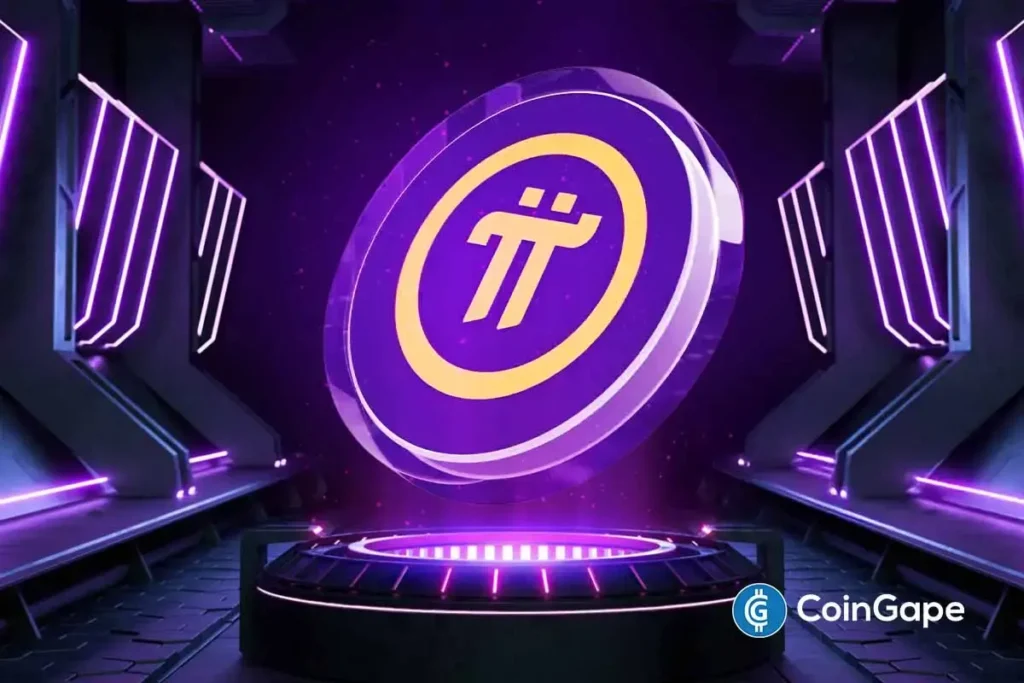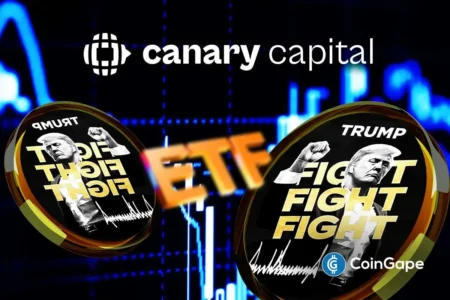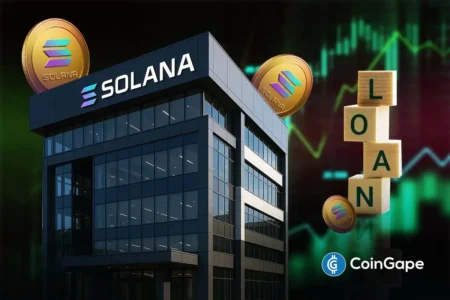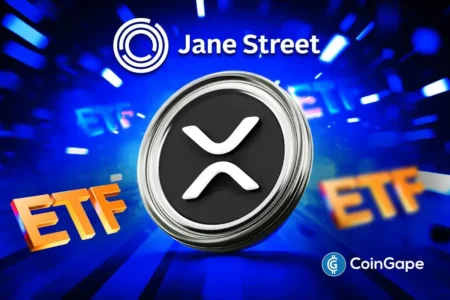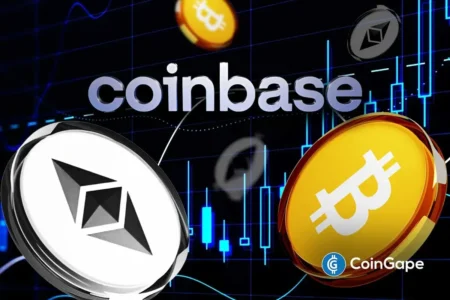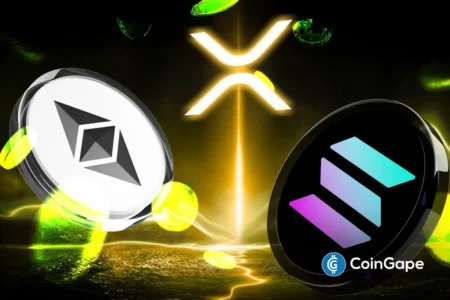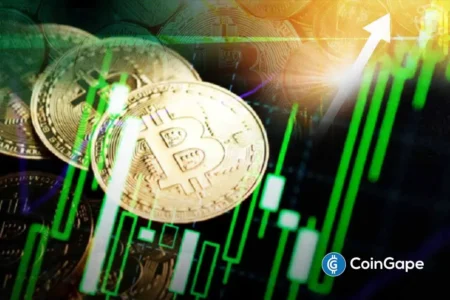Pi Network’s KYB Delays: Challenges for PiDaoSwap and the Ecosystem’s Future
The Pi Network has found itself under scrutiny as the decentralized exchange PiDaoSwap expresses concern over the extensive delays associated with Know Your Business (KYB) approvals. These delays have prompted PiDaoSwap to explore alternative solutions, namely the launch of non-fungible tokens (NFTs) on the Binance Chain. This article delves into the impact of these delays on PiDaoSwap, the criticisms directed toward the PiCoreTeam (PCT), and the broader implications for the Pi Network ecosystem.
Understanding the KYB Approval Process
The KYB approval process is a crucial step for projects looking to build within the Pi Network. Essentially, it requires developers to pass through a due diligence review conducted by the PiCoreTeam. According to reports, PiDaoSwap submitted its KYB application but faced a 15-day wait without receiving approval, stalling their ability to fully develop on the Pi mainnet. This delay is particularly concerning for projects that rely on the support and funding available through the Pi ecosystem. Therefore, timely approvals are vital for maintaining momentum and fostering development within this blockchain community.
PiDaoSwap’s Interim Solution: NFTs on Binance Smart Chain
In response to the ongoing delays of the KYB approvals, PiDaoSwap has opted to pivot by launching community NFTs on the Binance Smart Chain (BSC). This decision aims to prevent stagnation and allow for continued development engagement with the wider crypto community while awaiting PCT’s approval. PiDaoSwap’s statement emphasized their proactive approach, indicating that launching NFTs on BSC is a temporary but necessary step, allowing them to maintain visibility and engagement until they can fully realize their ambitions on the Pi mainnet. This transition underscores the necessity for adaptability in the fast-paced crypto landscape.
Outcry from the Pi Ecosystem Community
Criticism of the PiCoreTeam has been vocal in recent weeks, with prominent community members like Dr. Altcoin expressively calling attention to the KYB delays. Dr. Altcoin’s criticism indicates that PiDaoSwap’s struggles are indicative of broader systemic issues within the PCT, suggesting that several centralized exchanges are similarly hampered by approval delays. The lack of transparency from the PCT concerning token mechanisms is seen as a significant obstacle that has repercussions for the Pi Network’s credibility and potential exchange listings.
Implications for Pi Coin’s Market Performance
The ongoing challenges faced by PiDaoSwap and the wider criticisms of the PiCoreTeam have coincided with a notable dip in Pi Coin’s price, which recently fell by 15% to settle at $0.55. This downturn poses a significant challenge as investors remain cautious, especially with tousled hopes of reaching the $1 mark. The market appears to be reacting to the uncertainty stemming from the PCT’s delays and the lack of major exchange listings, leading to reduced optimism for immediate price recoveries. A turnaround may hinge on strategic partnerships and improved transparency from the PiCoreTeam.
PiCoreTeam Moves Forward Despite Backlash
In light of the criticisms and challenges, the PiCoreTeam remains active, as evidenced by their ongoing domain auction which has reportedly garnered over 200,000 bids. This indicates that interest in the Pi Network remains robust, despite the ongoing issues with KYB approvals. The PCT’s determination to proceed with its initiatives showcases a commitment to developing the ecosystem, but it also reveals a potential disconnect with the community’s expectations for timely and transparent communication. Moving forward, how the PCT addresses these issues could significantly influence its reputation and the overall success of the Pi Network.
Navigating the Future of the Pi Network Ecosystem
The current situation surrounding the Pi Network, characterized by KYB approval delays and community concerns, presents both challenges and opportunities. The proactive measures taken by projects like PiDaoSwap indicate resilience in adapting to changing circumstances, while the underlying issues call for introspection and improvement within the PCT. As stakeholders navigate this challenging landscape, fostering transparency, trust, and timely communication will be essential for the ecosystem’s growth and sustainability. Ultimately, the success of the Pi Network and its coins depends on its ability to balance internal processes with the external demands of an increasingly competitive crypto market.
In conclusion, while the Pi Network faces criticism and challenges, the community’s response and the PCT’s future actions could shape the next phases of its journey. A concerted effort toward improvement and responsiveness may ultimately unlock its potential in the decentralized finance space.





